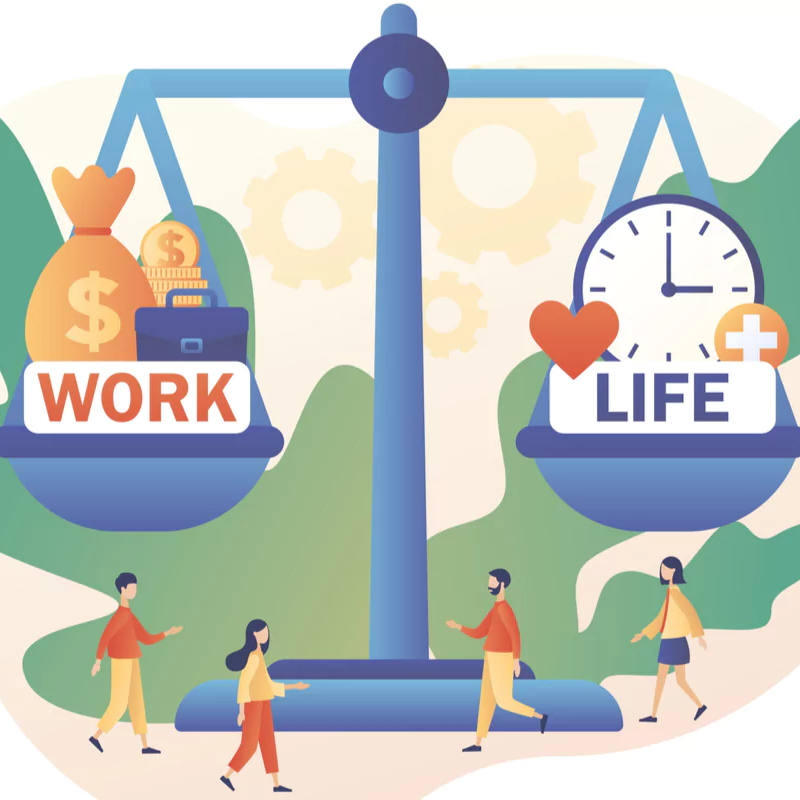
Work-life Balance
Work-life balance (WLB) is the state of equilibrium where a person equally prioritizes the demands of one's career and the demands of one's personal life. Having too many responsibilities at work is the primary cause of poor WLB.
Explore Interview QuestionsTaro 75Google Interview QuestionsMeta Interview QuestionsAmazon Interview QuestionsApple Interview QuestionsNetflix Interview Questions
Explore Interview ExperiencesOpenAI Interview ExperiencesAnthropic Interview ExperiencesPerplexity Interview ExperiencesWindsurf Interview ExperiencesMistral AI Interview Experiences